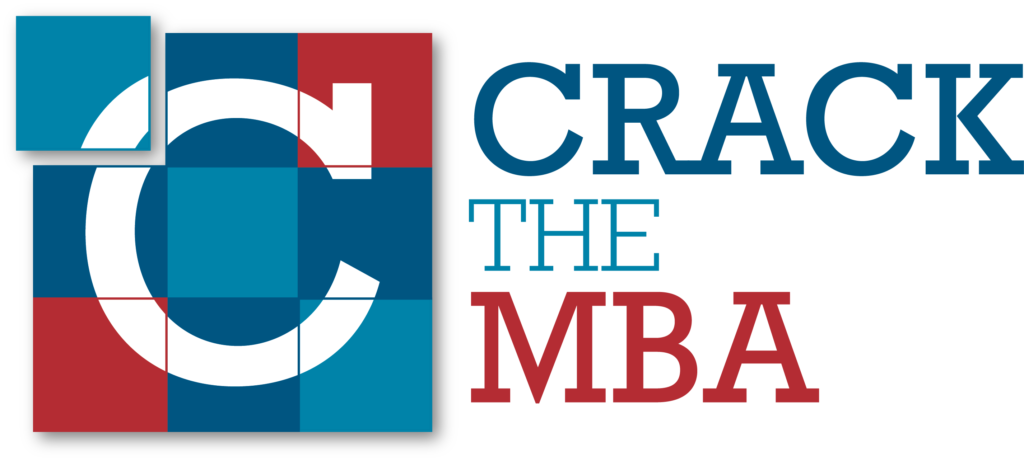Columbia Business School: Focus on Teaching Excellence

Vice Dean, Amir Ziv
In a previous post (read here), we reported the appointment of Professor Mark Broadie as Columbia Business School’s Vice Dean of Teaching. This appointment is very much in line with a focus on teaching that is an emphasis at Columbia Business School’s nearly 100 year tradition of scholarship and academic research in the classroom.
In an exclusive interview, the Vice Dean and Samberg Faculty Director, Columbia Business School, Amir Ziv, talks about the initiatives that have been taken at Columbia Business School to enhance the classroom experience for students at Columbia.
Recruiting & Mentorship
Classroom teaching at Columbia Business School is preceded by great effort on the part of administration as well as faculty members to ensure they are able to provide a high quality experience to students.
Full-time faculty members have a continuous focus on identifying and attracting faculty members who can be valuable additions to the teaching community. Furthermore, Columbia has a strong mentorship program wherein junior faculty members are paired with senior faculty members. Some of the activities that take place as part of the mentorship program are sharing of course material, peer to peer faculty feedback, developing new classroom materials, sitting-in on classes to learn from their tried and tested classroom instruction methodologies that have been successful.
Collaboration between Faculty Members
Faculty members meet regularly through different avenues such as workshops and day-long offsite meetings. In workshops, faculty members share their experiences with their peers on different elements of teaching which they may have found effective experientially. This enables cross-sharing of knowledge between faculty members and also ensures that all faculty members operate out of a common base of best practices.
The day-long offsite meetings are known internally as “Mini MBA” and are intended to help faculty members stay current on subjects taught by their colleagues across Columbia’s MBA curriculum. This initiative provides faculty members with a continuing education opportunity that also enables them to keep their skill-set current. Each faculty member teaching an area (Operations, Strategy, Finance, etc.) is an expert in his/her area. In addition, learning about other areas that are not their specialty, enables the implementation of an Integrated Curriculum wherein faculty members can leverage their understanding of knowledge students gain from other parts of the curriculum and present their area of specialty armed with that context.
Enhancement of the Core Curriculum Experience
The MBA Core Curriculum comprises 40% of the MBA degree requirement at Columbia. To read more about the core curriculum and structure, see here.
There are several initiatives that Columbia Business School has taken to enhance the core curriculum experience for students.
- All faculty teaching the core curriculum meets once every two weeks over lunch to discuss the courses they are teaching and how they can coordinate class content to maximize impact for students
- The institute developed and implemented an Integrated Case Study (ICS) using General Motors (GM) as their model. As part of ICS, students study different aspects of management at GM in each of their core classes. This enables students to view GM using different lenses and also view the business as a holistic picture. As a result, rather than studying finance, accounting and marketing work in silos, students study different functional areas cohesively and also understand how the cogs fit into the wheel and make it turn efficiently.
Focus Going Forward
Vice Dean, Amir Ziv stresses the goal of the school is to continuously improve the content and delivery of courses at Columbia Business School. As part of this effort, the school regularly engages with companies that recruit its students to get their feedback on the quality of skills and leadership that graduates of Columbia Business School bring to their organizations.
Vice Dean Ziv emphasizes the leadership, experience, research and teaching capabilities that Professor Broadie brings to the Samberg Institute. Professor Broadie has been an award-winning teacher and a long-time informal mentor to junior faculty. He is expected to formulate strategy for the Samberg Institute and execute on the strategy.
We join Vice Dean Ziv and the rest of the community at Columbia Business School in wishing Professor Broadie the very best and we look forward to some more great initiatives!



